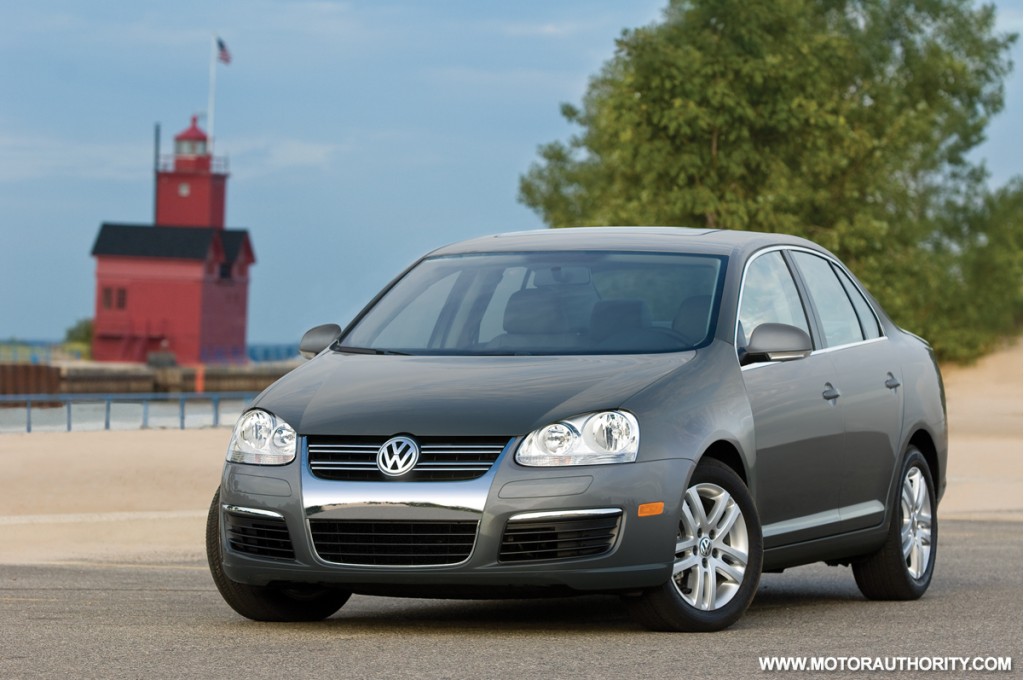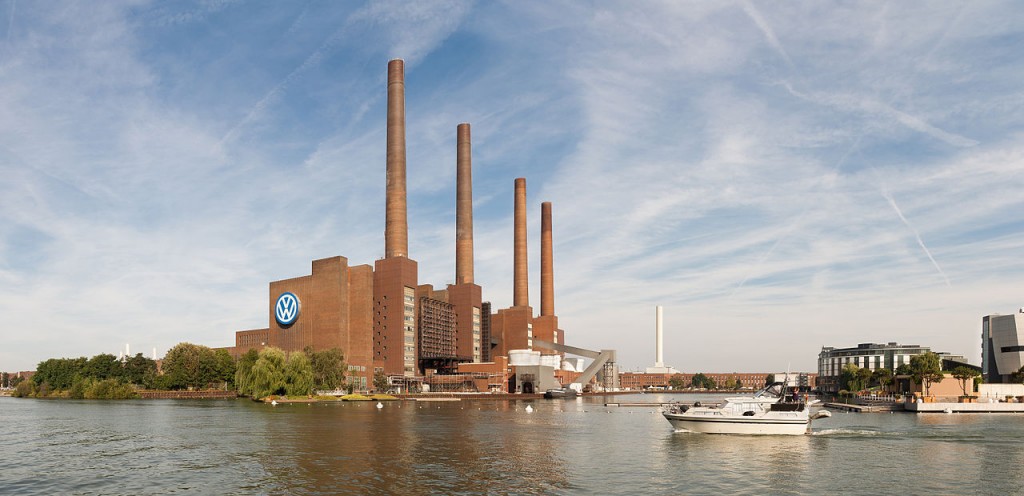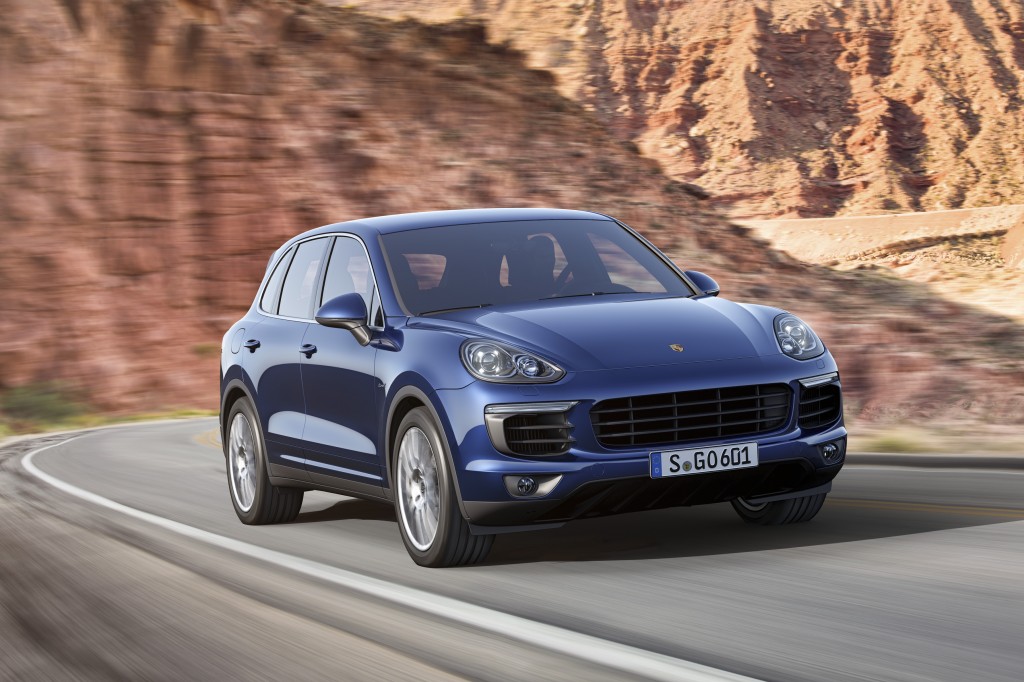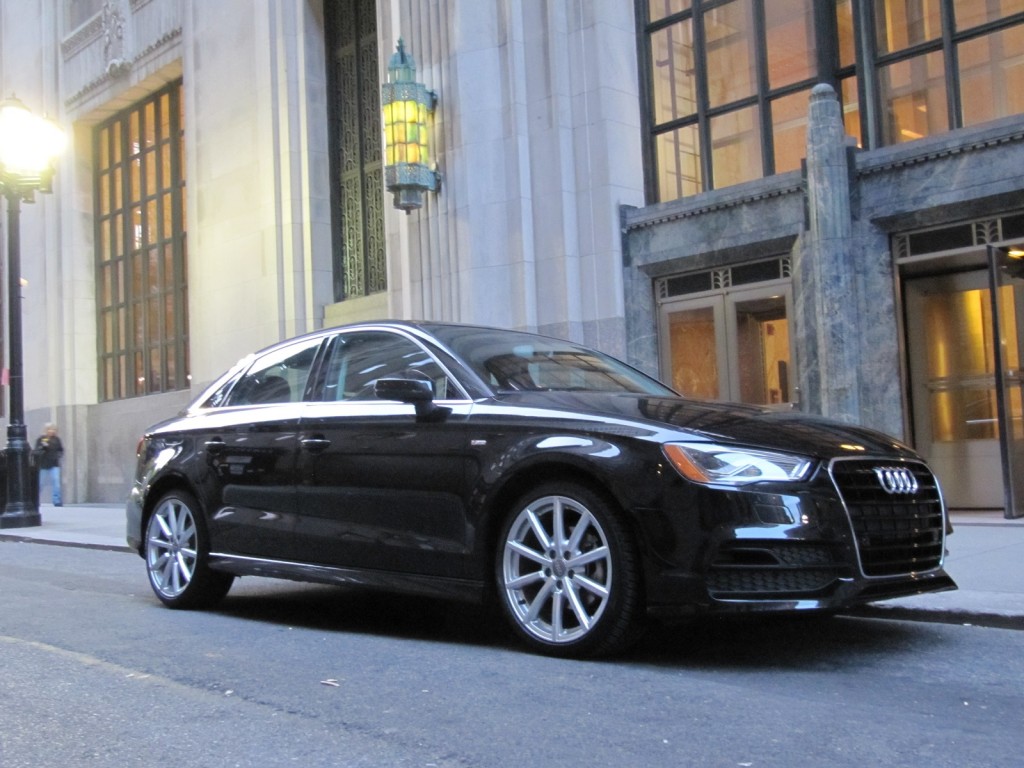By this point, the principles of corporate crisis-management communications are pretty well established.
A company with a looming PR catastrophe needs to respond immediately, keep one trustworthy and high-level executive in front of the cameras, repeatedly promise the company will make good, and communicate early and often with affected consumers.
Volkswagen's German headquarters has done few of those things in the four months since the diesel-emission cheating scandal exploded into the world's media on September 18.
DON'T MISS: How Will VW Fix My Diesel Car, And When? A List Of All Models (Oct 2015)
It's not much written about--save for a piece in England's Financial Times and a few others--but VW's communications gaffes are often quietly discussed among business and automotive journalists.
The FT article lays out "a series of communications errors during its near three-month-old emissions scandal that experts say has deeply hurt VW."
“VW is taking every opportunity to compound its troubles with U.S. regulators and the damage to its image with U.S. consumers," says Professor Erik Gordon of the University of Michigan's Ross School of Business in the article.

Matthias Müller
Botched CEO interview
Take, for example, the catastrophic interview earlier this week by VW Group's CEO, Matthias Müller, in the media scrum after a Sunday night presentation during Detroit Auto Show week.
As National Public Radio notes, with accompanying audio, Müller responded to a question about VW employees lying to U.S. EPA regulators by denying that the company had, in fact, lied.
"We didn't lie," Müller claimed. "We didn't understand the question first. And then we worked since 2014 to solve the problem."
Given that the EPA only went public in September after Volkswagen employees had admitted to the agency that the company had deliberately deceived it for years, Müller's statement startled reporters, to say the least.
And it overshadowed his prepared statement, in which he said, "We all know that we have let down customers, authorities, regulators and the general public here in America, too."
"We are — I am — truly sorry for that," Müller added, "and I would like to apologize once again for what went wrong with Volkswagen."

2009 vw jetta tdi 002
Asking for a do-over
In NPR's words, after the interview aired on Monday, "Volkswagen approached NPR, asking for a do-over of sorts, another conversation with the CEO."
"The situation was a little bit difficult for me to handle in front of all these colleagues of yours," Müller explained, "and everybody shouting."
He went on to say, "we fully accept the violation. There is no doubt about it."
"We have to accept that the problem was not created three months ago," he added. "It was created, let me say, 10 years ago."
The scrum aside, Müller remained largely off-limits to media during the Detroit show, as several outlets noted, forgoing the customary sit-downs with reporters from major outlets.
But his botched interview hardly stands in isolation.

Volkswagen Plant, Wolfsburg, Germany (photo by Richard Bartz)
Refusing document requests
Last week, Volkswagen AG refused to turn over emails or other executive communications to attorneys general in the United States, according to The New York Times.
It cited strict German privacy laws in its refusals, which did not go over well with the various states investigating the diesel cheating scandal and its effect on car buyers.
“Our patience with Volkswagen is wearing thin,” said Eric T. Schneiderman, New York state's attorney general.
He suggested that VW's "spotty" cooperation was "more of the kind one expects from a company in denial than one seeking to leave behind a culture of admitted deception.”
Other states' attorneys general echoed the same theme.

Volkswagen logo
German investigators, meanwhile, conducted before-dawn raids on Volkswagen corporate offices in early October, carting away hundreds of boxes of documents.
Volkswagen has been cooperating with their requests, they said in a statement to the Times, although some U.S. investigators remain skeptical about the outcome of those investigations.
Denying EPA claims, incorrectly
Or consider the reaction from Wolfsburg headquarters when the EPA issued a complaint on November 3 in which it accused VW of incorporating "defeat device" software into its 3.0-liter V-6 diesels, also used by Audi and Porsche.
The U.S. units of both Volkswagen and Audi referred all questions to a statement issued by the communications department of the German parent group, Volkswagen AG.

2015 Porsche Cayenne Diesel
That statement, while pledging cooperation with the EPA, flatly denied that any emission-related software installed in those engines had been used "in a forbidden manner."
That's slightly different, of course, than saying that the EPA's claims weren't accurate.
Later backtracking
VW later acknowledged that it had failed to declare three separate Auxiliary Emissions Control Devices in those engines to the EPA, as required by law.
One of those in fact qualifies as a "defeat device," and all vehicles with those engines have since been pulled off sale at dealerships, both new and used.
Or consider that it took Volkswagen fully eight weeks, until November 10, to offers U.S. owners of the affected 2.0-liter TDI diesel vehicles anything beyond reassurances.
Those TDI owners were offered two $500 gift cards--one redeemable only at a VW dealer--plus some expanded roadside assistance.
That offer has slowly been extended in turn to Canadian owners, to Audi 2.0-liter TDI owners, and most recently to owners of Audi, Porsche, and Volkswagen vehicles with the 3.0-liter TDI V-6 diesel.

2015 Audi A3 TDI, New York City, Nov 2014
Proposals rejected
Earlier this week, meanwhile, the powerful California Air Resources Board rejected VW's proposals to update the affected 2.0-liter vehicles.
The proposals, it said, lacked technical detail, didn't sufficiently explain the modifications, and didn't address impacts on the modified cars' fuel efficiency or performance.
Owners, justifiably, remain frustrated and angry, feeling as though they've been left hanging, with cars that have plummeted in value and no details on proposed modifications to bring those cars into compliance with emission laws.
Then there are the various ongoing and future civil and criminal lawsuits levied against various arms of Volkswagen by individuals, agencies, and governments in the U.S. and around the world.
All of which means this saga will drag on for many more months and years before owners get resolution.
But at this point, it's pretty clear that Volkswagen AG has compounded its miseries with a series of serious missteps in its communications strategies.
Which can't be good for one of the world's three largest car companies.
_______________________________________













